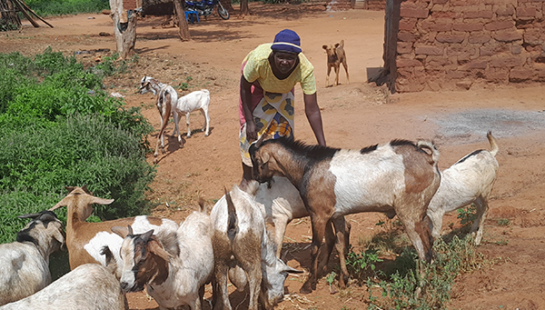When did you learn how to save money? From the time I started receiving pocket money, my dad was patiently teaching me that if I put some away each week, soon enough I’d have enough to buy those roller skates I’d been eyeing off—it was the 80s.
Of course, the idea wasn’t really to help me save for the things I wanted, but to teach financial literacy skills so that one day I’d be able to save for the things I needed. But for many of the world’s most vulnerable, financial literacy was never taught, and those necessary things stay out of reach.
Khorn lives in one of Cambodia’s remote island villages. She and her husband provide for themselves and their four school-age children through baking, fishing, raising chickens, growing vegetables, and selling the produce. But it didn’t seem to matter how hard they worked, as there was never any money left to buy the bigger things they needed to live with greater security.
‘We never knew how to keep track of our daily earnings and expenses,’ said Khorn. ‘I can make money, but not much of it remains because I was purchasing items that weren’t top priorities for my family.’
One necessity they couldn’t afford was reliable transport. Since they live on an Island, Khorn needs a boat to sell her produce and pick up supplies. Unfortunately, the family boat had an old and unreliable engine that was prone to breakdowns in the middle of the river, leaving passengers at risk of drowning. It was a constant worry, and Khorn knew they needed a new one. But it seemed impossible.
The Power Of Financial Literacy
In 2019, our local Christian Partner began operating a program in Khorn’s village that, along with providing other types of training, taught financial literacy to families.
‘The instruction covered how to allocate funds for necessities that we do not have,’ she said. ‘And how to record and monitor daily revenue and cost.’
Additionally, Khorn has learned how to protect herself from fraud, improve her chicken and vegetable farming, and participate in projects that benefit the whole community. With these new skills, she’s been able to save enough to ensure that her regular commute to pick up supplies is a safe one.
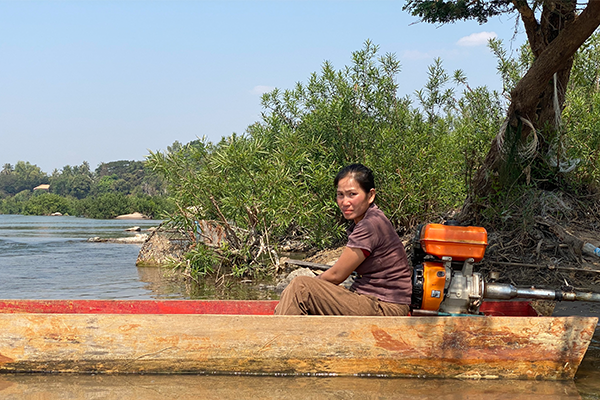
I’m thrilled that my family can now afford to purchase a new boat engine for my family to use. I’ve been wanting to do this for about 12 years.
Supporting financial literacy is a critical part of the community development work of our local Partners. When people are equipped with the skills required to identify and solve challenges for themselves and their communities, they grow in confidence to lead initiatives that ultimately reduce poverty.
Our local Christian Partners are committed to best practice community development that supports and equips—rather than takes over from locals—in the fight against poverty. This way, over time, the community is well positioned to continue in strength without the support of our Partners.
This project is delivered in partnership with the Australian Government through the Australian NGO Cooperation Program (ANCP).
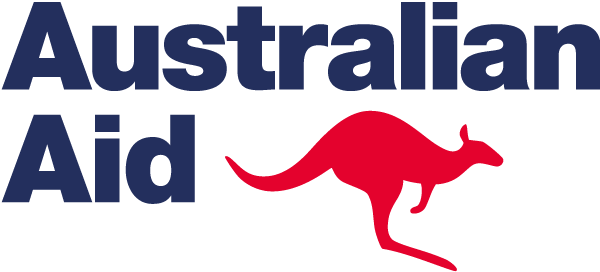


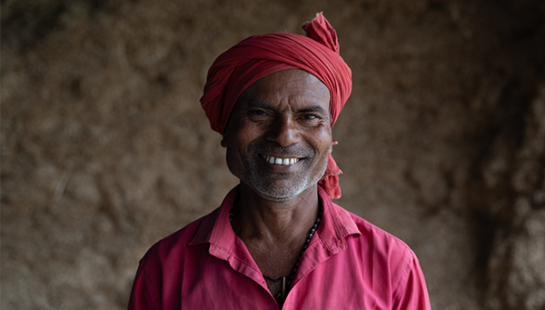
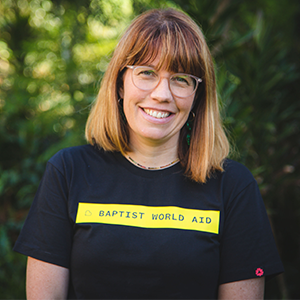 Meredith Benson,
Meredith Benson,
